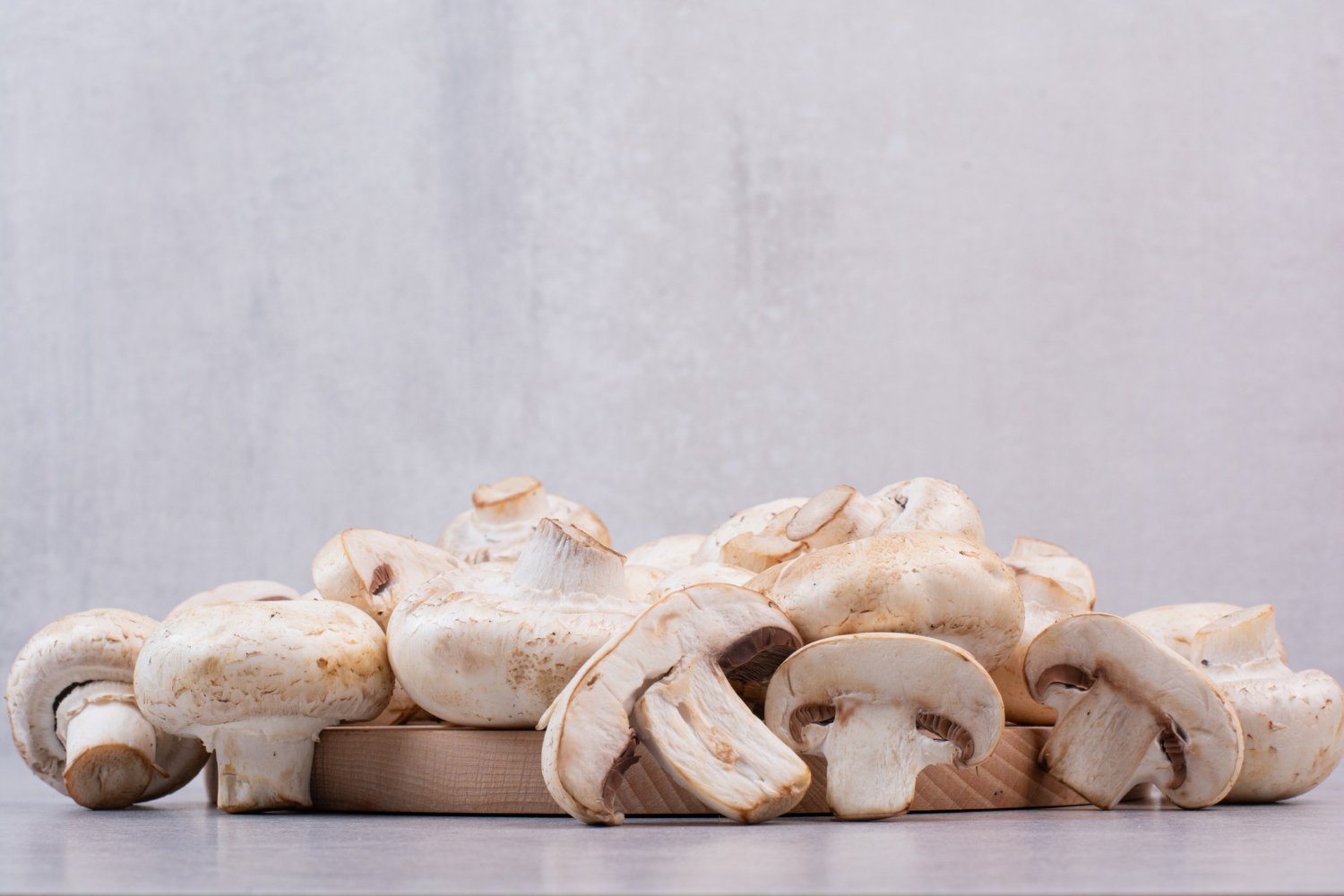INTRODUCTION
In recent years, alternative and holistic approaches to health and wellness have gained significant attention, with medicinal mushrooms emerging as a prominent trend. Traditionally valued in systems like Traditional Chinese Medicine and Ayurveda, these fungi are now being embraced in modern healthcare for their potential health benefits. Rich in bioactive compounds, medicinal mushrooms offer a natural and sustainable method to boost overall well-being. This article delves into the intriguing world of medicinal mushrooms and their potential role in promoting health and wellness.
Nutritional and Medicinal Mushrooms Value

Medicinal mushrooms are not just a culinary treat but also a powerhouse of essential nutrients and powerful bioactive compounds. They are packed with vitamins, minerals, proteins, and fibers. Moreover, these mushrooms are abundant in unique bioactive substances such as beta-glucans, polysaccharides, triterpenoids, and antioxidants, which contribute to their impressive medicinal properties.
Boosting the Immune System
One of the most well-known benefits of medicinal mushrooms is their ability to bolster the immune system. The beta-glucans present in these mushrooms can stimulate the immune cells, enhancing their response to infections and diseases. Reishi (Ganoderma lucidum) and Shiitake (Lentinula edodes) mushrooms, in particular, have shown promising results in strengthening the immune system and improving overall resistance to illnesses.
Reducing Inflammation
Chronic inflammation is linked to a range of health concerns, including autoimmune disorders and cardiovascular diseases. Medicinal mushrooms such as Turkey Tail (Trametes versicolor) and Cordyceps (Cordyceps militaris) have shown promising anti-inflammatory effects, which may help lower the risk of developing chronic illnesses.
Managing Stress and Anxiety

In today’s fast-paced world, stress and anxiety are common challenges affecting people across all age groups. Medicinal mushrooms like Lion’s Mane (Hericium erinaceus) and Chaga (Inonotus obliquus) have been researched for their potential benefits in supporting mental health and easing stress-related symptoms. These mushrooms may stimulate the production of nerve growth factors, which play a vital role in brain health and emotional well-being.
Supporting Cardiovascular Health
Cardiovascular diseases continue to be a leading cause of death globally. However, incorporating certain medicinal mushrooms into the diet may support cardiovascular health. For instance, Shiitake mushrooms have been associated with lower cholesterol levels and enhanced heart function, primarily due to their active compounds such as eritadenine and beta-glucans.
Detoxification and Liver Health

The liver plays a vital role in detoxifying the body and maintaining overall health. Medicinal mushrooms like Maitake (Grifola frondosa) and Reishi have been traditionally used to support liver function and aid in detoxification processes. They may help protect the liver from damage caused by toxins and oxidative stress.
Balancing Blood Sugar Levels
As diabetes becomes increasingly common, discovering natural methods to manage blood sugar levels is essential. Certain medicinal mushrooms, such as Maitake and Agaricus blazei, have demonstrated potential in helping to regulate blood glucose levels, offering possible benefits for individuals with diabetes or those at risk of developing the condition.
Potential Anti-Cancer Properties

Several medicinal mushrooms have garnered research attention for their potential anti-cancer properties. Compounds found in mushrooms such as Reishi and Turkey Tail have been investigated for their ability to inhibit tumor growth and boost the immune system’s response to cancer cells. While these findings are promising, it’s crucial to understand that medicinal mushrooms should not be considered a substitute for conventional cancer treatments but may serve as a complementary approach.




